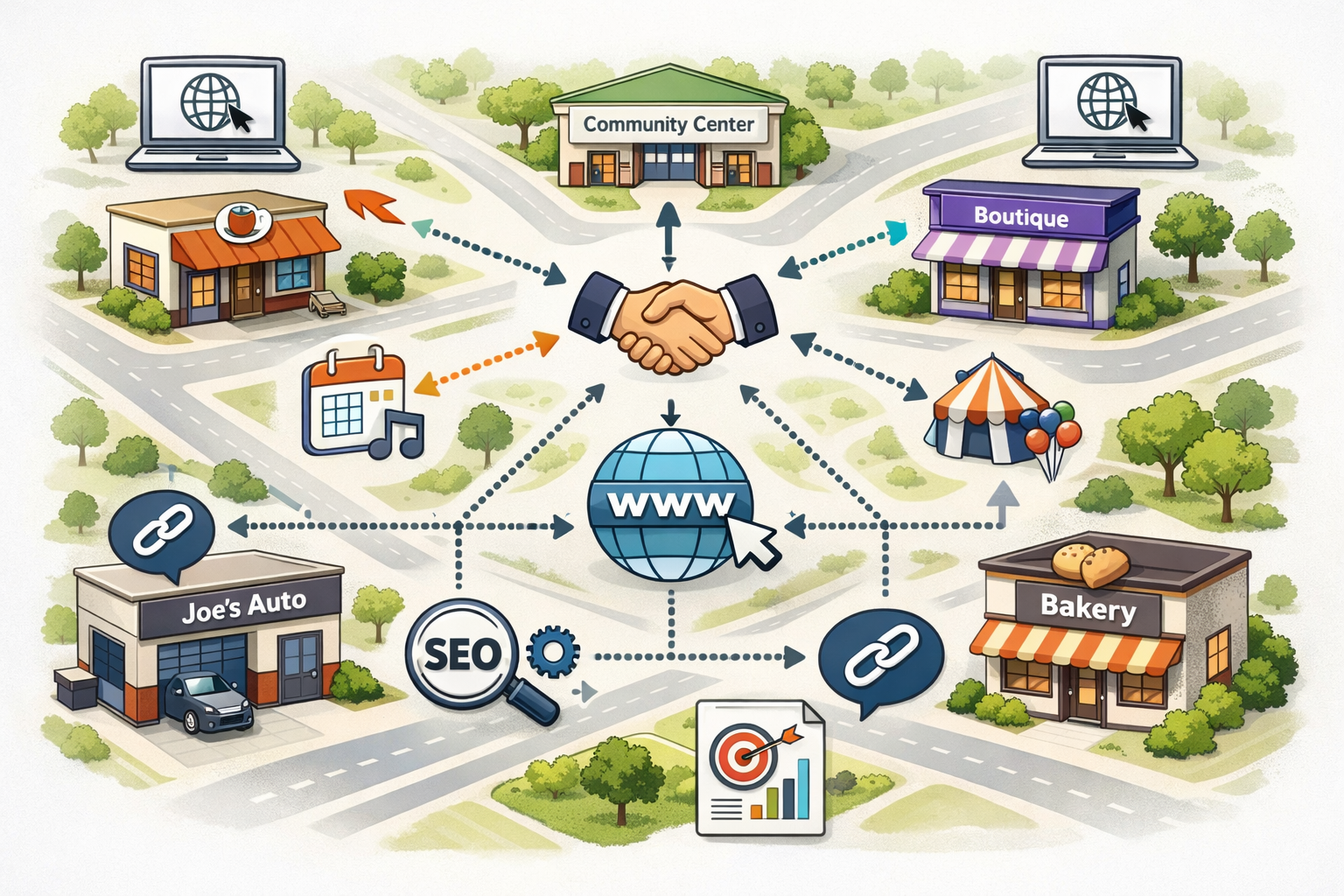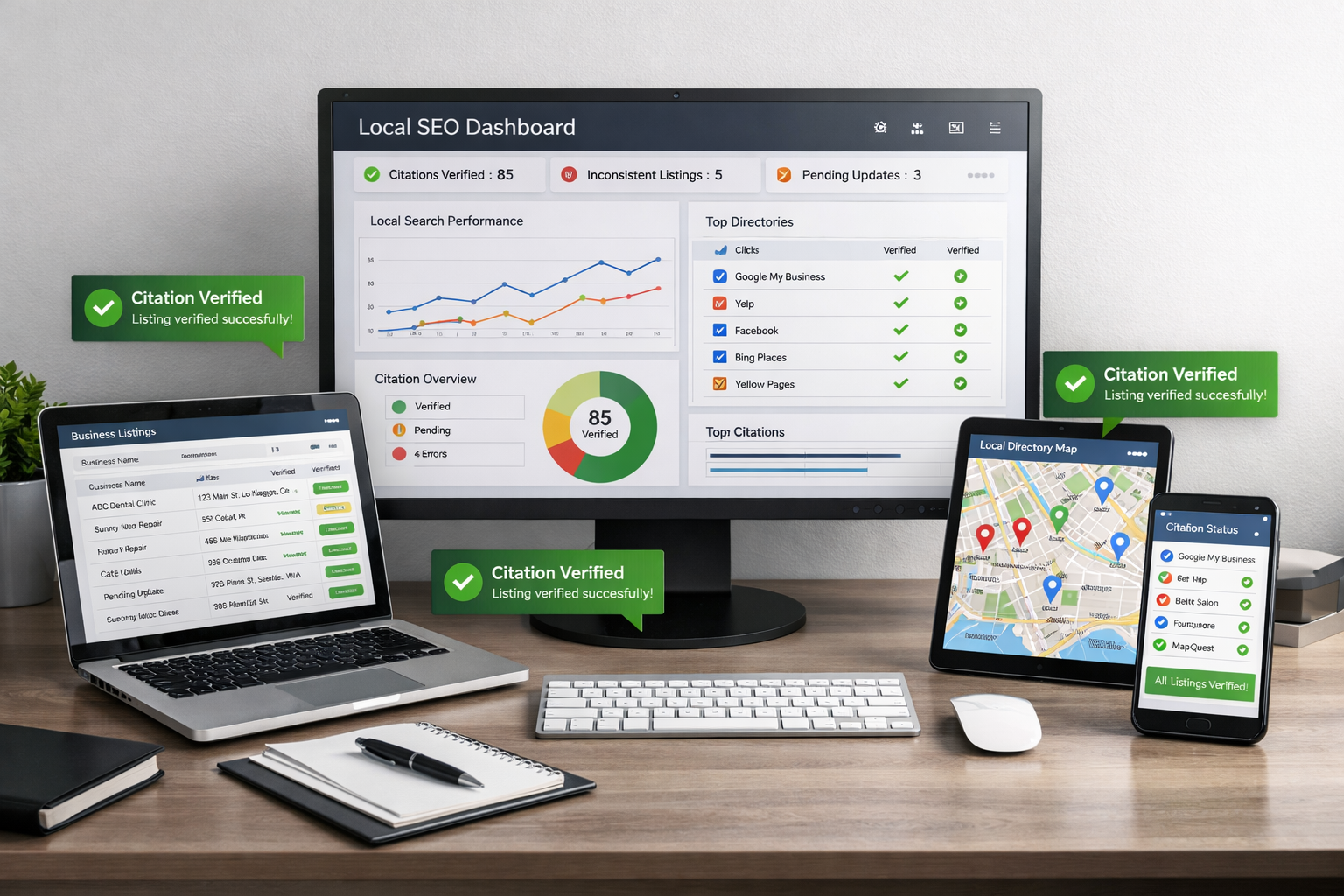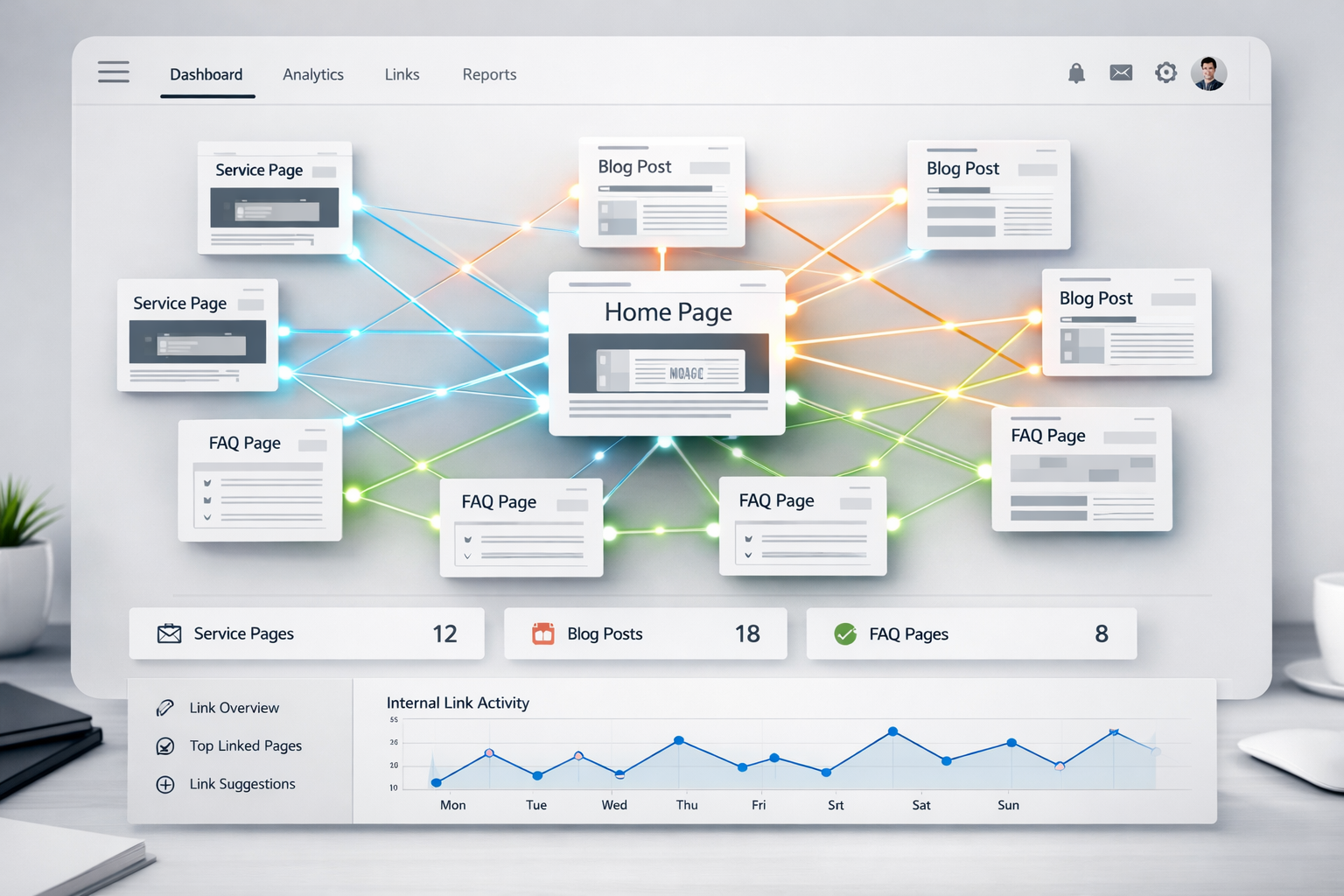How much does SEO cost for a small business?
Search engine optimization (SEO) is critical for small businesses wanting to be found by local and online customers. However, decoding the true cost of SEO is often confusing due to varying service models, price ranges, and deliverables. This article dives deeply into what small business owners can expect to pay for SEO in 2025, examines which factors influence these costs, explores typical service structures, and arms businesses with the knowledge to choose wisely.
What is SEO and Why Does It Matter?
SEO is the practice of optimizing a website and its online presence to improve visibility in search engine results for relevant keywords. For a small business, organic search traffic from Google, Bing, and other engines remains one of the most cost-effective ways to reach potential customers actively looking for their products or services.
There are several components to SEO:
- On-page: optimizing website content, metadata, and technical factors.
- Off-page: building backlinks and gaining mentions from other reputable sites.
- Local SEO: optimizing for geographic queries, especially important for brick-and-mortar or service-area businesses.
- Content: ongoing publication of original, relevant content to engage visitors and improve keyword rankings.
Without effective SEO, even the best website may remain invisible to target customers—while competitors reap the benefits.
Average SEO Costs for Small Businesses in 2025
The costs of SEO services for small businesses in 2025 generally fall into several categories:
- Monthly Retainers: The most common model, with ongoing services and monitoring. These range from $500 to $2,500 for small businesses, although some local campaigns may start as low as $300 per month, and more aggressive strategies may exceed $5,000 per month.
- Hourly Consulting: Some consultants charge $75–$300 per hour, ideal for occasional advice or audits.
- One-Time Projects: Site audits or migrations, which run from $1,000 to $10,000 or more depending on complexity.
- Performance-Based: Rare, but some agencies offer payment based on achieving ranking milestones.
The actual cost for a specific business depends on its industry, local competition, website size, and required services.
Key Factors Influencing SEO Pricing
Several elements directly impact the price of an SEO campaign:
- Business size and website complexity: Larger sites or stores take more time to optimize.
- Industry competitiveness: Highly competitive sectors (legal, finance, healthcare) with difficult keywords demand a higher investment.
- Location targeting: National SEO is more expensive than highly-local campaigns.
- Current website health: Sites with technical issues, penalized domains, or very low authority will need more work.
- Objectives: Whether focusing on quick wins (e.g., Google Business Profile) or long-term organic growth determines the resources needed.
A customized strategy that accounts for these factors ensures businesses get the best return on investment for their budget.
SEO Pricing Models Explained
SEO providers use several pricing models:
- Monthly Retainers: Fixed recurring fee for an agreed-upon set of services.
- Hourly Rates: Pay for consulting or one-off solutions per hour.
- Per-Project Pricing: Flat fee for defined deliverables, like a comprehensive audit.
- Pay-for-Performance: Only pay if certain ranking or traffic targets are met, though these models can be risky and are less common.
Most small businesses prefer monthly retainers for continuous improvement and measurable progress, but one-time projects can be ideal for businesses wanting a roadmap to implement internally.
What is Included in a Typical Small Business SEO Package?
SEO agencies generally offer packages combining:
- Technical Audit & On-Page Optimization: Analyzing and optimizing website architecture, speed, mobile usability, and on-page factors.
- Local SEO: Optimizing Google Business Profile, local citations, reviews, and directory listings—crucial for location-based businesses.
- Content Creation: Blog posts, landing pages, and other assets targeting relevant keywords and customer questions.
- Backlink Building: Securing links from relevant, high-authority websites to boost domain credibility.
- Reporting & Analytics: Ongoing performance tracking and transparent reporting.
The level of detail and scope of each component typically increases with higher-priced packages, which may also offer advanced analytics, custom strategy, and competitor monitoring.
DIY SEO vs. Hiring an Agency: Cost Comparison
Small business owners often wonder whether they should handle SEO internally or hire professionals:
- DIY/In-House: Cost of SEO tools, staff training, and lost time can add up quickly. A full-time SEO staffer may cost $40,000–$80,000/year not counting tools and resources.
- Agency/Freelancer: Lower monthly fees and access to experienced pros, for $500–$2,500/month. Best for businesses that want expert support without a dedicated full-time hire.
For most small businesses, working with an external SEO provider offers a lower-risk, higher-value approach, at least until growth or technical demands justify an in-house team.
Is SEO Worth the Investment for Small Businesses?
SEO remains one of the most cost-effective marketing strategies:
- Long-Term ROI: Unlike paid ads, SEO drives long-term traffic without paying for every click.
- Quality Leads: SEO attracts leads closer to conversion, since they’re actively seeking products or services.
- Brand Building: High rankings improve brand trust and awareness.
Most studies find that businesses investing at least $500/month in SEO see measurable increases in traffic and leads within 3–6 months, with compounding benefits as rankings improve over time.
How to Choose the Right SEO Provider
To get the best value, consider:
- Experience with Small Businesses: Ask about case studies or references.
- Transparent Pricing & Services: Look for clear deliverables—not vague promises.
- No Long-Term Contracts: Agencies like GetPhound offer month-to-month commitments, so satisfaction drives retention, not contracts.
- Proven Track Record: Request specific examples of ranking and lead improvements.
A reliable agency should offer clear communication, regular progress updates, and customized strategies—not one-size-fits-all packages.
GetPhound’s Approach to Affordable, High-Impact SEO
GetPhound’s RankGuarantee™ SEO offers a unique value proposition: pay only after reaching the first page for 100+ keywords, with no annual commitment or cancellation fees. Key features include:
- Targeting hundreds of keywords for broad visibility.
- Fast ranking improvements (typically in 45–60 days).
- Transparent pricing with no hidden costs.
- U.S.-based team and highly responsive support.
For small businesses, GetPhound’s Silver and Gold plans layer in additional content marketing, on-page optimization, and Google Business Profile management, helping accelerate organic growth while maintaining affordable pricing.
Tips for Maximizing SEO Value on a Budget
- Set Clear Goals: Know which keywords, markets, or revenue targets matter most.
- Prioritize Local SEO: Focusing on nearby searchers delivers faster results.
- Leverage Content Marketing: Regular, high-quality content supports both rankings and customer engagement.
- Monitor Progress: Use analytics to ensure campaigns are delivering measurable gains.
- Stay Flexible: SEO is an ongoing process—adjust tactics as performance and Google algorithms change.
Final Thoughts
SEO is an essential growth driver for small businesses, and its cost can be tailored to fit a range of needs and budgets. By understanding typical price ranges, the factors at play, and the structure of effective SEO campaigns, small business owners can make informed, strategic decisions.
GetPhound’s no-contract, results-driven approach makes high-impact SEO both accessible and affordable, ensuring every dollar invested brings businesses closer to their growth goals. With the right partner and a clear strategy, SEO can transform a small business’s visibility, lead flow, and long-term success.











